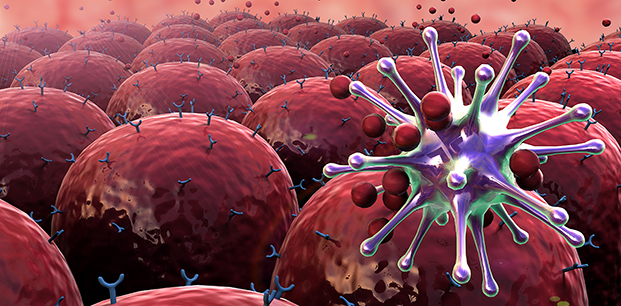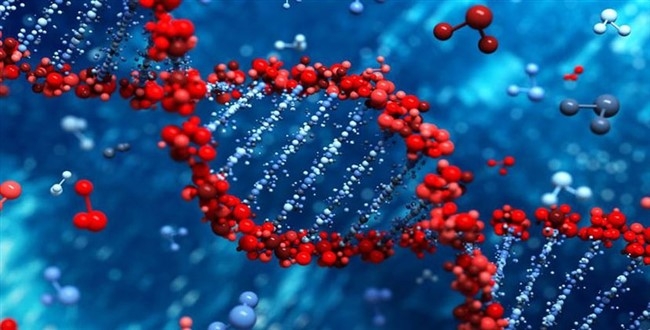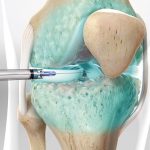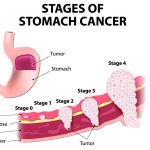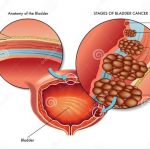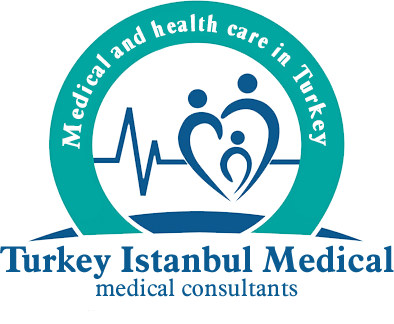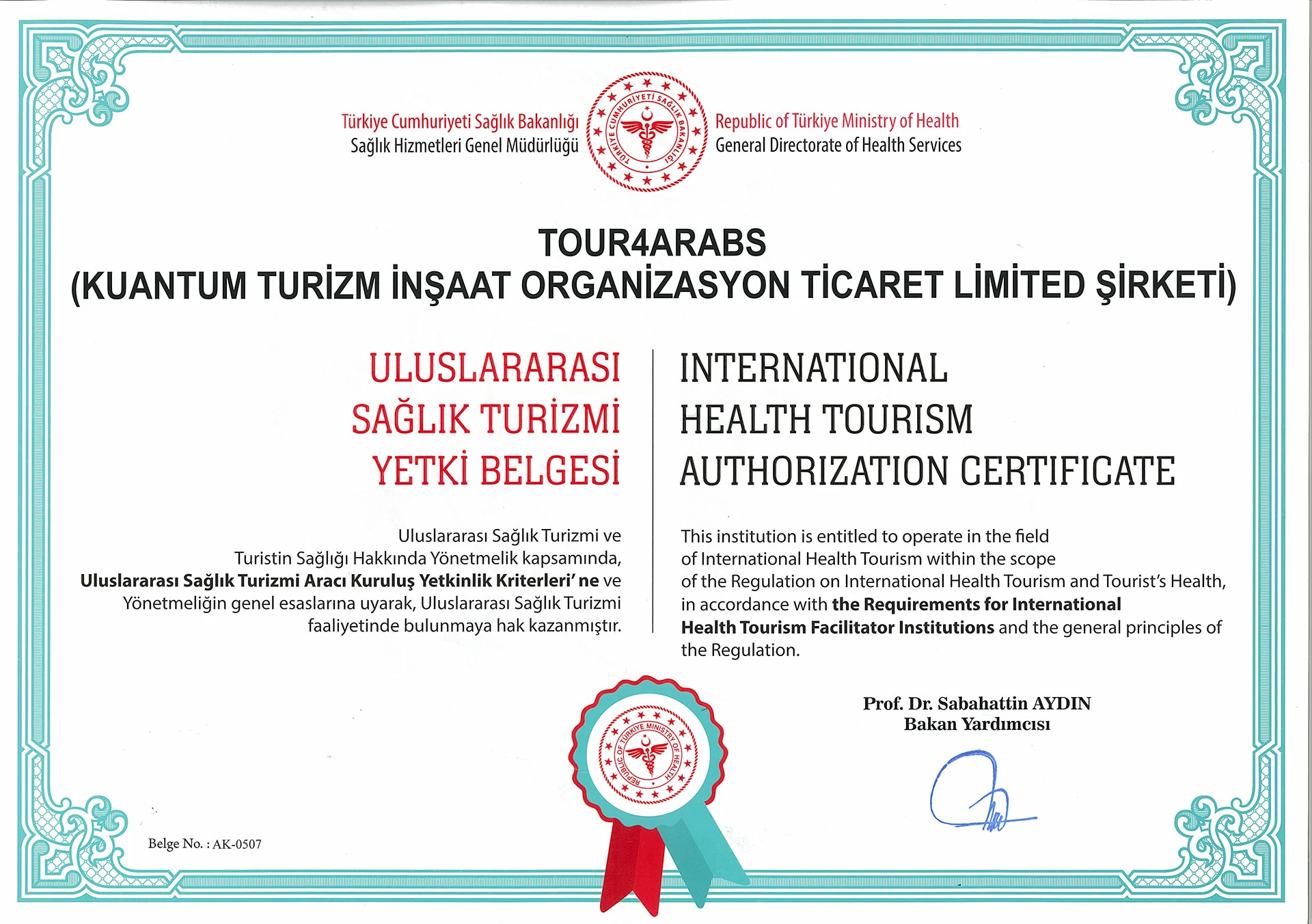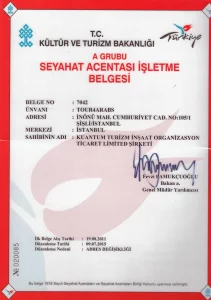Cancer
In contrast, cancer cells lose consciousness, begin to divide uncontrolled and proliferate. Cancer cells accumulate to form tumours (masses), tumours can compress normal tissues, infiltrate or destroy. If cancer cells leave their tumor from where they formed, they can pass to other parts of the body through the blood or lymph circulation..
They form tumour colonies where they go and continue to grow. The spread of cancer to other parts of the body in this way is called metastasis.
The cancers are classified according to their appearance under the microscope and the organs in which they begin to form. Different types of cancers grow at different rates, show different spread patterns, and respond to different treatments.
Only a small number of mutated cells in the body cause cancer.
There are many reasons for this:
- Cells showing mutations are less able to survive than normal cells. That’s why they die.
- Even the majority of mutated cells still have the normal feedback control mechanism (“Tumor suppressor genes”) that prevents overgrowth. Therefore, very few of the mutant cells that survive become cancerous cells.
- Often these potentially cancerous cells are destroyed by the body’s immune system before they grow and become cancerous.
Benign Tumours
Are usually round, regular borders, easily movable, encapsulated masses. They are mostly hard inconsistency. However, some benign tumours may feel elastic or soft. Benign tumours develop by pushing the surrounding tissues and do not enter and invade the surrounding tissues during this development. They do not spread to distant tissues and organs. If these tumors are completely removed with their capsules; they do not develop and recur in the same place again.
Malignant Tumours
Have a very hard consistency and are often irregular. They are fast-growing formations. However, the rate of development of each tumour is different. Malignant tumours do not have a real capsule. Another feature of malignant tumours is their spread. This spread; invasion of neighbouring tissues may spread to local or distant tissues (metastasis). Malignant tumour cells can be transported to distant tissues and organs via blood vessels or lymphatic tracts, where they can develop new tumour masses. Metastases; lung, liver and lymph nodes.
What is Symptoms?
Symptoms of cancer vary greatly depending on the type of disease.
Some common signs and symptoms that may be a symptom of cancer but are not specific to cancer are as follows;
- Fatigue
- Swelling or thickening under the skin
- Unintentionally gaining or losing weight fast
- Skin changes such as yellowing, darkening or redness of the skin, non-healing wounds or changes in existing moles
- Changes in bowel or bladder habits
- Persistent cough or shortness of breath
- Swallowing difficulty
- Hoarseness
- Persistent indigestion or discomfort after eating
- Unexplained muscle or joint pain
- Unexplained fever or night sweats
- Bleeding or bruising
Causes
- Smoking and excessive alcohol use,
- Staying in the sun for long periods and dangerous hours,
- Overdose X-ray exposure,
- Some chemicals (tar, gasoline, dyes, asbestos etc.)
- Some viruses, (HPV, Hepatitis)
- Air pollution
- Exposure to radiation,
- Bad eating habits
The exact causes of cancer are not yet known. Cancer risk factors depend on lifestyles, age, gender, and family history. Another risk group is environmental factors.
Types and Incidence
Cancers are classified according to their organs, regions and microscopic structures. Although there are close to 100 types of cancer, some species are seen more frequently.
Common types of cancer:
- Lung
- Breast
- Brain tumours
- Oral cancer
- Bowel (colon)
- Oesophagal cancer
- Skin
- Cervical and cervical cancers
- Ovarian
- Prostate
- Testicular
- Gastric
- Kidney
- Liver
- Pancreatic
- Bladder
- Throat
- Nasopharyngeal
It is known that approximately 14 million people are diagnosed with cancer every year and approximately 8.2 million people die from these diseases. In our country, according to the statistics of the Ministry of Health, 174 thousand people, 103 thousand men and 71 thousand women, have cancer every year.
The most common types of cancer in men in Turkey lung, prostate, colon, stomach and bladder cancers while female breast, thyroid, colon, uterus, known as lung cancer.
What is the Stage of Cancer?
Doctors also want to know how much it has spread or whether it has spread from the point where cancer begins.
You’ve seen people say that their cancer is stage 1, stage 2. Knowing the stage of cancer helps doctors choose which treatment is the best option.
Each type of cancer has tests to determine the stage. As a rule, the low stage (eg stage 1, stage 2) indicates that cancer does not spread too much.
Higher numbers (such as stage 3, stage 4) indicate that the disease has spread more. Stage 4 is the highest stage of cancer.
Diagnosis and Treatment Methods
Several methods are used to diagnose cancer after symptoms. Main methods; Blood tests, imaging methods (MRI, computed tomography, etc.) and pathological examination of the parts taken by biopsy. Cancers have different microscopic structures and rate of spread depending on their species.
Therefore, different types of treatment are followed in each cancer type. Cancer treatments in general; chemotherapy with various drugs, radiotherapies using radioactive rays, surgical interventions and complementary (alternative) methods used to improve the quality of life of patients are classified.
With the effect of technology and scientific studies, improvements are made in these treatment methods day by day. In addition to all these treatment methods, morale and motivation in cancer patients are the greatest helpers of recovery. Psychological support from time to time also contributes to treatment.
